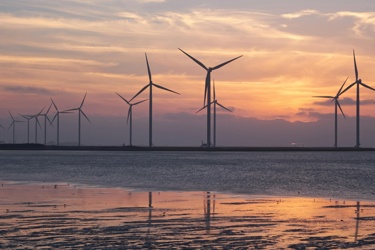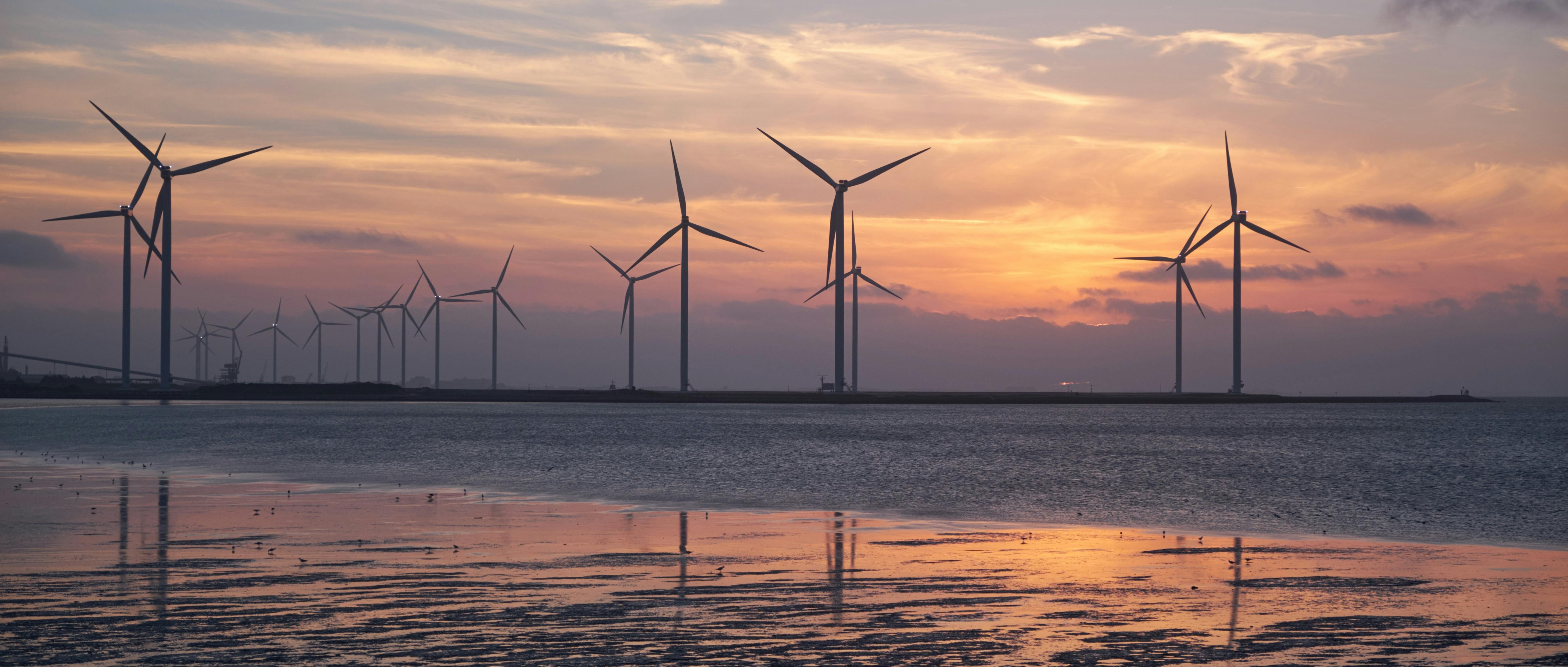After difficult negotiations, new agreements were reached at the climate summit in Azerbaijan. Rich countries have promised 300 billion dollars in climate support for developing countries every year from 2035. Experts are critical of this and the developing countries themselves are also dissatisfied. They think the amount is far too low and the agreements too non-binding. Economic interests increasingly clash with climate policy. Climate usually loses out, but that is not necessarily good news for international trade.
Economic interests
This year's climate summit shows a clear change compared to previous years. In contrast to previous editions, no new targets have been set this year and no new step has been taken to limit CO2 emissions. This result fits in with a broader development in politics and business where climate is being put on the back burner. For example, a major European steel producer announced in November that it would postpone investments in sustainability for the time being. A lack of far-reaching European policy was identified as the cause. In recent years, the focus on politics has shifted to security and economic independence. This is at the expense of climate policy.
Inevitable climate legislation
This development is of course bad for the climate. But this is not necessarily good news for the future of international trade either. In the short term, the lack of climate ambition is good for the trade sector. Additional regulations do not seem to be coming for the time being, which means that no new restrictions are on the agenda. However, the current climate legislation is far from ambitious enough, which means that new measures are necessary. Eventually, new rules will be introduced that encourage climate-friendly business operations. The longer we wait for these new rules, the greater the urgency will be when they have to be put into practice.
In this respect, it is therefore better to work on future-proof business operations now. But the disadvantage is that you do not know exactly what you need to prepare yourself for. After all, there is insufficient clarity from politics about how climate policy will be implemented in the long term. Moreover, having climate ambitions currently creates an additional restriction that other companies do not suffer from.
On the other hand, you can ultimately benefit from a knowledge advantage if you take an extra step now. Then you will be ahead of your competition when those stricter rules are introduced. In financial terms, good timing is of great importance. If you make your sustainability efforts too early, you will miss out on future subsidies (for example), but if you wait too long, you will no longer have a head start on the competition.
In any case, gaining insight into your own CO2 emissions is a sensible choice. The European CSRD legislation even obliges some companies to do so. In Business Central, you can easily perform a sustainability report. In this way, you can gain an initial small knowledge advantage.
Climate versus economy
The choice for economic interests may seem advantageous for international trade. However, stricter climate policy is inevitable. Postponing it therefore mainly creates uncertainty. Ultimately, international trade will have to be drastically overhauled. The sooner that change is implemented, the easier the job. With the right timing, you can benefit from your climate ambitions as a trading company. Then you have already completed the necessary change while the competition is still struggling with it. But if you are too early, you will run into limitations that other companies do not have to deal with, so timing is crucial.


